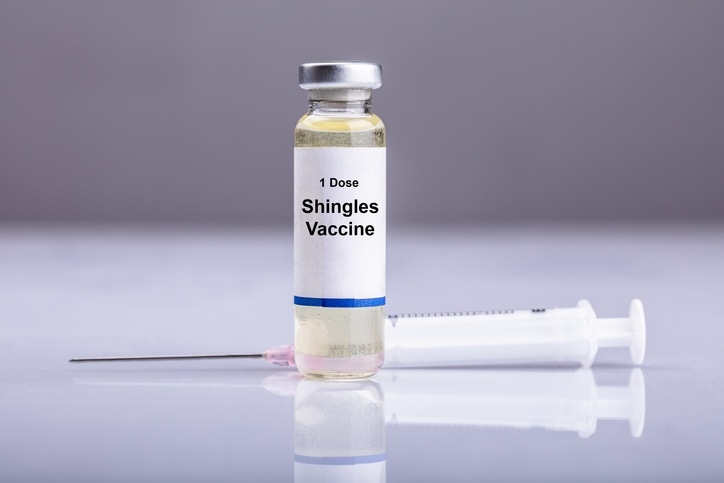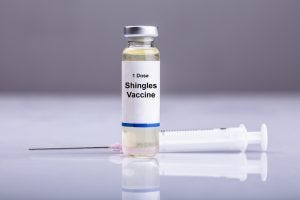Content Spotlight
Podcast: MilliporeSigma says education vital to creating unbreakable chain for sustainability
MilliporeSigma discusses the importance of people, education, and the benefits of embracing discomfort to bolster sustainability efforts.

GSK says the adjuvant platform used in Shingrix will be the “backbone” of its future vaccine strategy. The shingles vaccine pulled in sales of £535 million ($693 million) for the third quarter.
For the quarter, GlaxoSmithKline (GSK) reported group sales of £9.4 billion, up 11% on the previous year. Its vaccines unit grew 15% year-on-year to £2.3 billion with its non-live, recombinant subunit vaccine for the prevention of shingles (herpes zoster), Shingrix, pulling in £535 million – up 76% year-on-year.
Sales of the vaccine benefitted from the opening up of production capacity, following a period of delays and shortages due to high level of demand. However, the Big Biopharma firm has undertaken efforts to alleviate the supply issues and is expanding plants in France and Montana to increase capacity.

Image: iStock/AndreyPopov
GSK management said on a financial call “long may the Shingrix contribution continue,” but noted the firm must look to the product to drive a longer life cycle for its vaccines unit.
Roger Connor, president of Global Vaccines, said he was pleased with the firm’s move into therapeutic vaccination and told investors that “a backbone of that strategy is our adjuvant technology,” which he said is a key part Shingrix’s success.
The adjuvant used in Shingrix is an extract of the Quillaja saponaria tree. According to the FDA label: “The adjuvant suspension component is AS01B which is composed of 3-O-desacyl-4’- monophosphoryl lipid A (MPL) from Salmonella minnesota and QS-21, a saponin purified from plant extract Quillaja saponaria Molina, combined in a liposomal formulation.”
According to Connor, the firm is looking to maximize this to grow its vaccines pipeline, including a COPD vaccine for chronic obstructive pulmonary disease, proof-of-concept data of which is expected next year.
“[In the] U.S. alone where there are 16 million people suffering from COPD,” he said. “We really believe that that vaccine could have a really significant impact to reduce acute exacerbation and disease progression with such a proportion of exacerbation linked to infection that the vaccine will treat.”
This, he continued, is the only vaccine in development for COPD and therefore represents a “huge opportunity” for GSK going forward.
You May Also Like